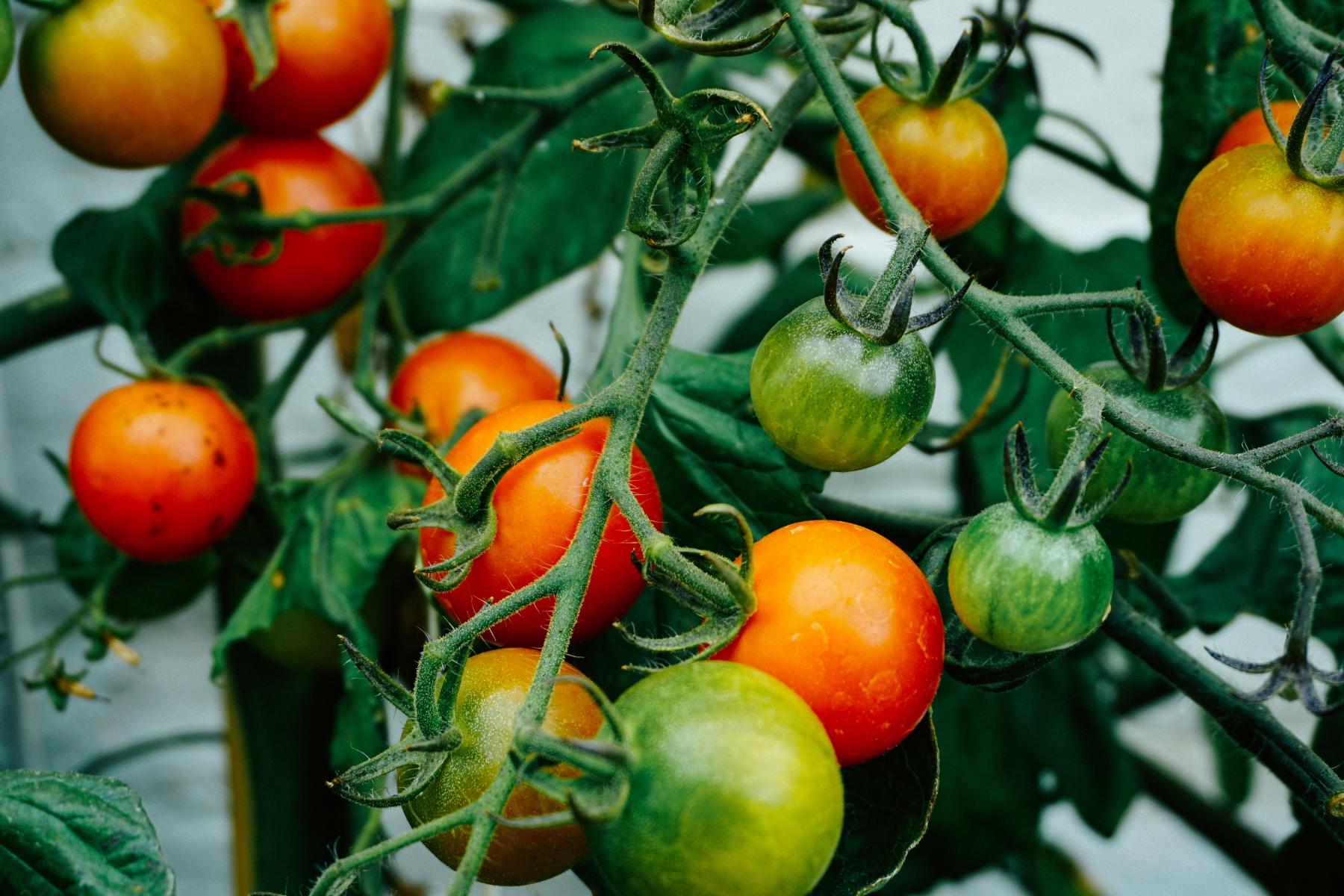
Eco-Tech Garden Innovations
The lesson plan challenges students to integrate research, agricultural principles, and engineering concepts, sparking their creativity in designing efficient and sustainable hydroponic setups. From choosing appropriate materials to optimizing space usage, students will delve into the intricate balance of science and engineering. Through this process, they'll gain valuable insights into the importance of sustainability in modern agricultural practices.
Moreover, the lesson plan emphasizes the application of engineering design concepts. Students will learn to strategically plan and construct functional hydroponic systems, considering various factors such as space constraints, material choices, and environmental sustainability. This hands-on approach not only enhances their problem-solving skills but also encourages critical thinking and innovation.
Lesson Plan Link/URL
https://docs.google.com/presentation/d/1TWTpUGNiNtdi4RC1XnujNj09_NJmlpu45BCugi-…Related Content

This STEM project allowed students to embark on an exciting journey of entrepreneurship with "Ride to Success." In this immersive STEM lesson plan, students will not only learn the ins and outs of

This is a four part STEM project that incorporates several of the fifth grade math & science standards. Time allowance is one-two weeks. Students are given the opportunity to research an animal

Quail Farming
Students will learn about the three pillars of sustainability through their quail farm. They will incubate, raise and restock their quails in order for them to be sustainable regardless of what